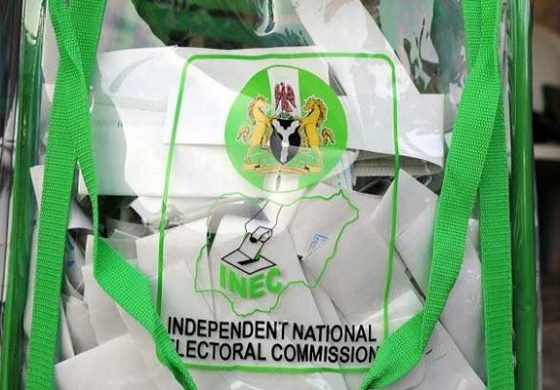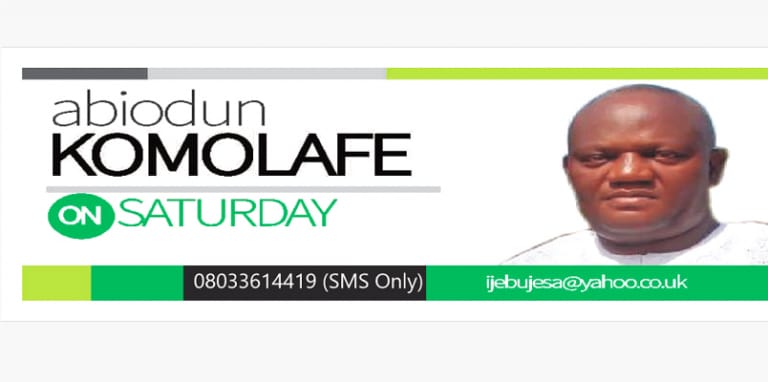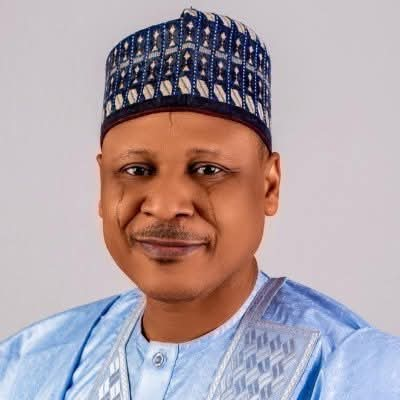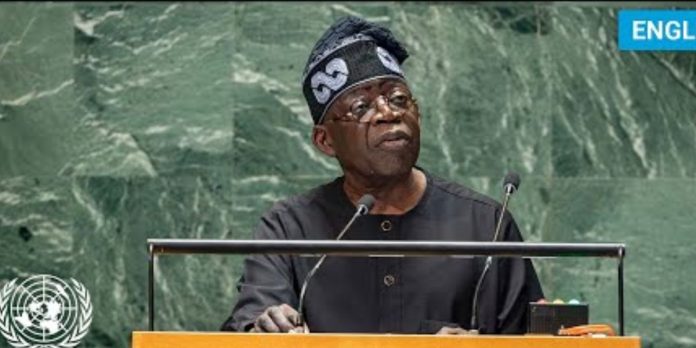Since the returns of democracy in the country the issues of election process remain subject of discussions as always citizens hoping for a reforms which will overhaul the system. Only late Yar’adua had an courage in 2007 for accepting the elections that brought him were faulty, that only made him leader to make such confessional statements in the country but his commitment toward good electoral system in the country not being achieved.
In recent years, politics and elections in the country have been seriously monetized. political class appears to hold the belief that votes are commodities that could be bought off from the electorates. Once paid for, the electorates are robbed of the power to demand accountability. Money politics is driven by the high level of poverty in the country.
Despite the negative consequences of too much monetized polity and it has been growing on an alarming rate. One thing that both legislative and executive arms should do Is to work together in reforming country’s electoral system that will put the country in a befitting place among civilised nations of the world but sincerity and honesty on the part of the nation’s rulers could ensure made it possible.
Even though, no one in the country has clearly had bitter experience against the electoral system like President. Because he said he was a victim of electoral fraud but his administration has not initiated any bill to improve the electoral system. A year away of the 2023 general elections President had last month declined to signed the electoral amendment Act bill, This time around I am agreed with the president for not signed the bill into law citing the high cost of conducting direct primary by political parties.
What Nigerians needs at this critical year a good legal framework that will helps to have a good election with integrity and electoral integrity actually enhances democratic consolidations and the preparations and conduct of elections democratically now and the future elections.
Nigerians wants to know why lawmakers substantially raise the campaign spending on all candidates who contested for key elective positions across executive and legislative arms of government. In the 2010 Electoral Act which regulates the conduct of the keenly contested for 2915 general elections which placed campaign spending limits on presidential candidate and the governorship candidate must not spend above N1 billion and N200 million, respectively, the senatorial candidate, the House of Representatives candidate and the State Assembly candidate must not spend beyond N40 million, N20 million and N10 million, respectively.
Now Electoral (Amendment) Bill under Section 88 increase campaign spending on all candidates who contested for key elective positions presidential candidate would be free to spend up to N15 billion, a governorship candidate, N5 billion; a senatorial candidate, N1.5 billion; a House of Representatives candidate, N500 million and a state Assembly candidate, N50 million.
A former chairman of the Independent National Electoral Commission (INEC) Attahiru Jega urged the National Assembly to jettison direct primaries for the moment to ensure that the bill was signed into law before future elections. Noted that the political parties might not have the capacity to effectively implement direct primaries, said, “To me the priority now is to give INEC the law to prepare for the 2023 election and the only way to do that is to drop the provision for direct primaries and give it to the president to sign.”
Let the lawmakers to remove the clause on direct primaries and resend the bill to the president for assent. National Assembly had failed to consult the political parties when drafting the electoral bill. There is need for Executive, Legislative to engage critical stakeholders to usher in election reforms that can help to improve our election management process and thereby deepen our democracy.
At last Senate makes U-turn, includes other modes of primary elections in the bill earlier passed Tuesday by the National Assembly, the lawmakers prescribed that political parties use only a direct mode of primary.
the lawmakers adopted Clause 84 of the bill, which reads “A political party seeking to nominate candidates for elections under this Act shall hold direct or indirect primaries for aspirants to all elective positions, which may be monitored by the Commission.”
Clause 84(2) of the report recommended direct, indirect primaries or consensus as procedure for the nomination of candidates by political parties for the various elective positions. The Senate adopted Clause 84(3) which states that “a political party that adopts the direct primaries procedure shall ensure that all aspirants are given equal opportunity of being voted for by members of the part.” While Clause 84(4) now provides that “a political party that adopts the system of indirect primaries for the choice of its candidate shall adopt. The Senate adopted the version of the bill passed by the House and changed the clause from: “The Commission may transmit results of elections by electronic means where and when practicable” to: “The commission may consider electronic transmission provided the national network coverage is adjudged to be adequate and secure by the Nigerian Communications Commission and approved by the National Assembly.”
Despite National Assembly U-turn without overriding president this shows that with they collective political will Genuine Electoral Reforms in the country is achievable until now Nigeria have not had substantive electoral legal framework. It is important country will have a new legal framework for the preparations and conduct and will armstrong INEC’s preparation for the conduct of the 2023 elections.
Dukawa writes in from Kano





